Addiction Relapse: Causes, Warning Signs & Prevention Strategies
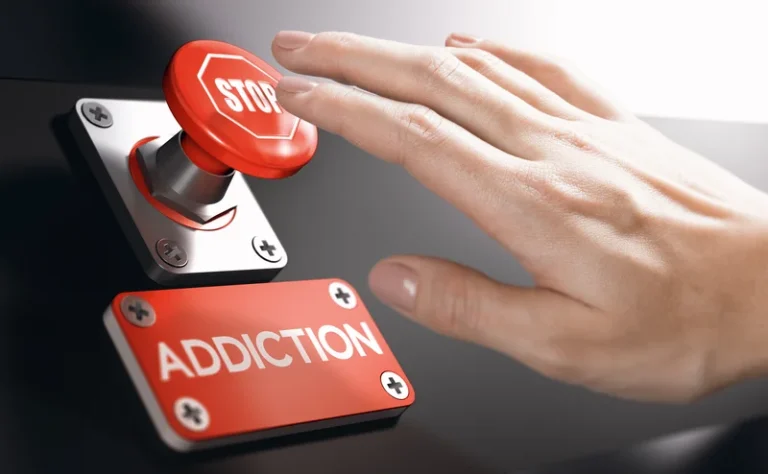
Get some insight on what to do if you relapse, and remember that after a relapse you may need to attend additional drug or alcohol rehab to get back on your road to recovery. Please feel free to send us a message or give us a call and we would be happy to provide you with further information. Reluctance to reach out to others, or form a sober support system through AA or another recovery group, can lead to social isolation and loneliness. The more you become socially isolated, the easier it is to rationalise drug or alcohol use to yourself. High-risk places remind former drug users of the times they engaged in substance use. Walking or driving through places where they used to drink or consume drugs can spark a memory connected to drug or alcohol use.
- Recovery is still possible, but the sooner you act after a relapse the better.
- Alcohol withdrawal can be a dangerous and even life-threatening experience, especially for those who have been drinking heavily for a prolonged period of time.
- In conclusion, learning to manage relapse triggers is a crucial aspect of addiction recovery.
Legalizing Alcohol on Native American Reservation to Fund Treatment & Prevention
Learn about relapse most common triggers, manage them effectively for a successful recovery journey. Honesty fosters trust and helps individuals confront their challenges directly, reducing the likelihood of relapse. Alongside this, prioritizing self-care by incorporating healthy routines creates a more resilient mindset. This plan also encourages ongoing self-reflection by prompting individuals to document their motivations for sobriety and ways to cope with potential triggers. Furthermore, it brings attention to the significance of aftercare programs, which help reinforce coping skills and support long-term recovery.
The Role of Life Skills Training in Addiction Recovery Programs
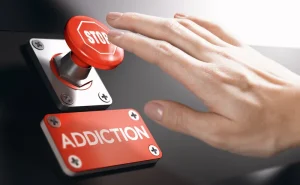
Recovery is a journey with no end, yet some people begin to feel that they are cured and don’t have to worry about triggers anymore. It’s important to develop a healthy level of self-confidence, but humility is necessary too. If someone forgets that addiction is a chronic condition, they may be tempted to have “just one” drink, injection, hit or bump with the expectation that it won’t be a big deal. Negative emotions like sadness, guilt or anger are often core reasons why people begin abusing substances in the first place. When these emotions crop up again during recovery, the brain remembers dealing with them using drugs or alcohol and prompts cravings. Social relationships play a crucial role in achieving and maintaining stable recovery from substance use disorder (SUD).
How Long Can You Live Drinking 12 Beers A Day?
But individuals can anticipate and monitor their environment, and have a plan for healthy actions to take when emotional triggers present themselves. If you are starting to consider relapse, you may find that https://ecosoberhouse.com/ you are exposing yourself to possible triggers, even subconsciously. If you find yourself in high risk situations that could trigger a relapse, you should immediately reach out to someone that you can trust and who is supportive of your recovery.
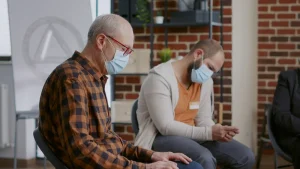
Addiction Treatment Programs
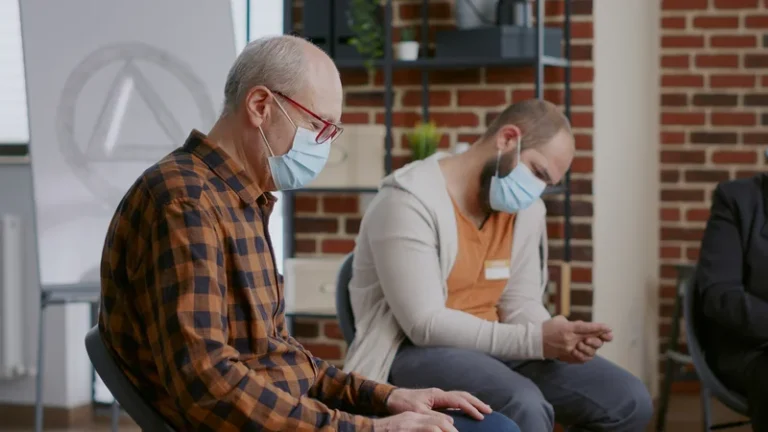
Use the Trigger Type categories below to build a list of your triggers. The Substance Use (Relapse) Triggers Discovery Cards include over 100 specific triggers. Moreover, creating a personalized relapse prevention plan can empower individuals by highlighting healthy habits and grounding methods to counteract cravings. Embracing a mindset of lifelong learning reinforces resilience against triggers, paving the path to lasting sobriety. In the journey of addiction recovery, recognizing and managing triggers is a vital component to maintaining sobriety. Triggers can emerge unexpectedly and have the power to cause intense cravings, challenging the progress an individual has made.
Does Highmark Insurance Cover Rehab Treatment?
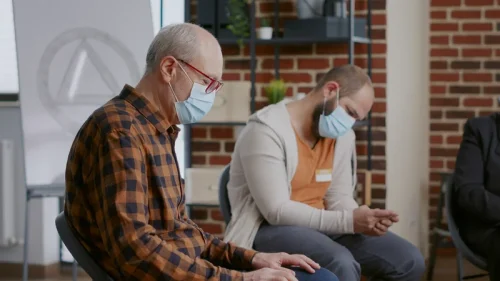
This doesn’t mean that you’ve failed or that you’ll never recover. Recovery is always possible even after a relapse, especially if you act right away to get your sobriety back on types of relapse triggers track. Understanding substance use triggers is new for many people in recovery.
- Discover the critical differences between opioids and opiates, their effects, and how to combat addiction.
- Stay vigilant, spot the clues, and help them find the path to recovery.
- Patients in rehab may consider skipping treatment sessions or support group meetings to spend time with their friends and family.
- A useful tool for identifying your triggers is the ‘If – Then’ strategy.
- While triggers do not force a person to use drugs, they increase the likelihood of drug use.
- Remove, repair, restore, and rebuild your way to optimal healing and wellness.
- How you manage addiction triggers determines the effectiveness of relapse prevention.
The Importance of Self-Reflection in Relapse Stages
In early recovery, physical cravings from withdrawal and compulsive addictive thinking were at the core of my inability to stop drinking. Physical cravings caused by hunger, exhaustion, or stress can also trigger drinking or using. They can also be managed effectively through appropriate medication-assisted treatment (MAT). It’s important to recognize relapse triggers as you recover from addiction. These desires often come from certain triggers, such as the people you surround yourself with and the feelings you experience. After addiction treatment, people who have faced alcohol and drug abuse now have the opportunity to implement a relapse prevention marijuana addiction plan to maintain sobriety.